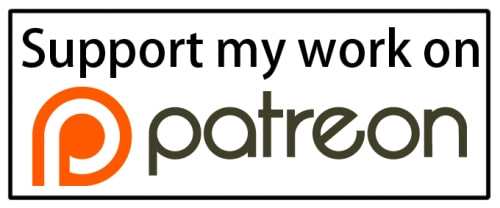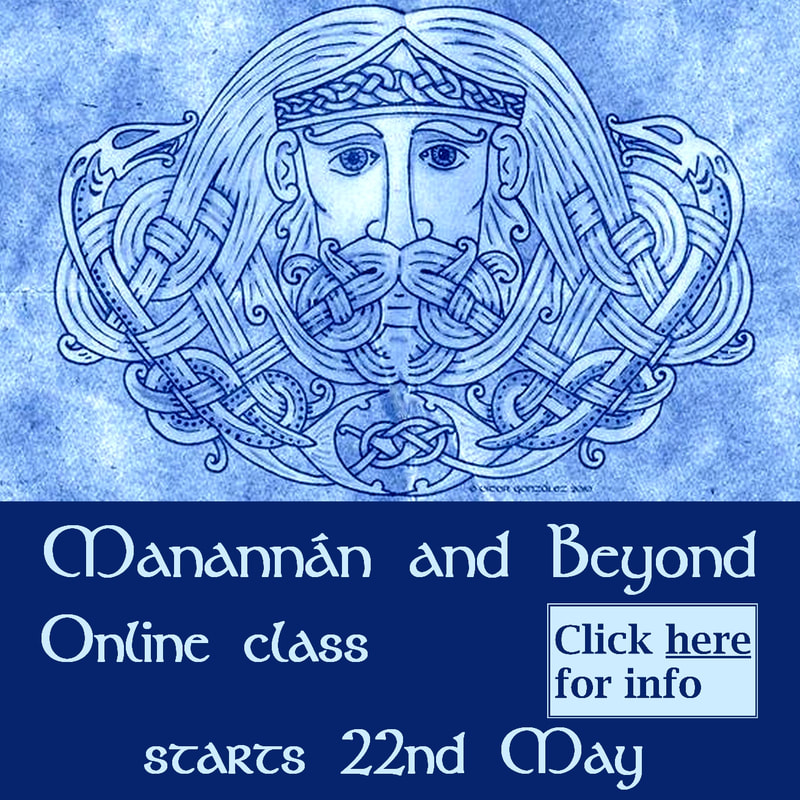Shetland ponies, water horses and oracle cards.
As some of my readers know, I have been experimenting with readings on relationships with animals. In one of the first readings I did, the Beach card came up. The Beach is one of several cards which describes a "thin place" or a liminal space where two entities converge. In Celtic spirituality, such places are particularly magical or prone to "supernatural" happenings. As I considered this reading I realised that there are points in human-animal relations that have this powerful, liminal quality, and that both animals and humans may experience this. I am talking about something different than simply sharing love or affection, companionship and mutual support. I think these experiences draw their power from the essential differences between the human and the animal involved. While the opportunity for such moments may always be there, many of us don't experience them, or only rarely, although part of our attraction to animals may be that we recognise the potential for them at a deep level.
|
As I see the Shetland Pony card - someone is not treated with dignity. (Enough, in itself, to create some anger....) There are some things that certain people will probably never understand or be able to take seriously. If you are the pony you will probably find a way around this, enough to get by in the situation, without giving up everything! However, you may find that you are constantly nagged or teased by friends or family because of your interests or tastes. Writing this, I have a little twinge of guilt, as I know I've been on the "dishing out" end of this, as well as the receiving. Sometimes these things are about scoring points, other times just a failure to take others seriously. Patronising is a word that comes to mind!
|
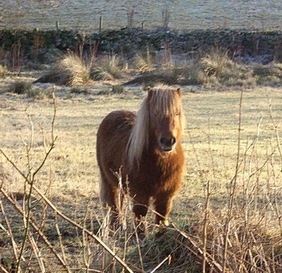
photo by Stanley Howe
|
This failure to understand, and to think we know best, carries over into impatience when we find that the other person has dug their heels in over "something silly". But we're all afraid of something silly! I know people who would rather jump out of a plane than give a speech in public and others who would prefer to have a tooth pulled than learn to use a computer. Just as we might see someone's refusal to do something as stubborn, when they are really afraid, so we may make the same misjudgement about ourselves. Then we come up with phrases like "It's just the way I am, " or "No way am I doing that, it's stupid!" because these positions feel less threatening than simply saying, "I'm scared. You'd have to be really patient with me for me to even try that."
This is the obvious and "top layer" meaning of the card. It's the one I would probably focus on when it comes up in someone's reading. However, I knew there was more to this card, and for days, I have caught glimpses of it and wrestled with it, but there were missing pieces. I hope that I have found, if not all the missing pieces, at least enough of them to show us the way...
Water horse, liminal horse.
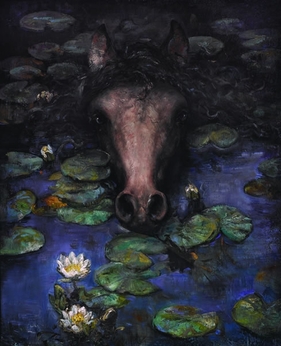
Nøkken by Jonny Andvik
|
In the Shetland Islands, there is a creature called the njuggle (or njogle - there are lots of variations. This creature is part of folklore, and until recently part of folk belief. The njuggle (pronounces nyuggle) is essentially a supernatural Shetland pony, who is associated with bodies of water such as lochs and streams. It seems that many bodies of water in Shetland have one. One habit of njuggles is to prance and parade up and down the banks of their home water, often beautifully saddled and bridled, enticing some hapless human to mount them. As soon as this occurs, they plunge into the water with their rider and give them a good dooking, or in some sinister versions they drown and even devour their victim. Most Shetland njuggles are more the playful type, though.
|
Some readers will recognise the Scottish/Irish Kelpie, or "water horse", in this description. (Forget the whole 2007 movie of the same title - just forget it. We're talking about someone's traditional beliefs here, not about Hollywood.) There are certainly parallels all over Britain, Ireland and Scandinavia, where such creatures are sometimes called the nøk, or nyk, etc. Etymologists tell us that this may well be the origin of referring to the devil as "Auld Nick" as well as possibly relating to sea gods like the Celtic god Nechtan, and even Neptune (who created the horse, in some myths). Horses and water are frequently linked in both myth and folklore. I've also noticed that if you remove the letter N from the names Nechtan and Neptune, it is possible to see the relationship of both words to early word roots denoting the horse including the Latin equos/equus, the Greek hippos, and the Gaulish epos. These roots gave us words like Epona, pony, and the Gaelic word for horse: each.
Back in Shetland, another common prank of the njuggle was to inhabit the space under mill wheels and stop the wheel when it took their fancy. Maybe they were jealous, as the tails of some njuggles were said to be like wheels, which they used to propel themselves through the water. Or maybe they simply wanted to halt the wheels of "progress" which would eventually drive them into a kind of extinction. In these cases, they could be scared away with fire, like so many of the things we once feared.
At the liminal point between land and water there is a field of energy which at once repels and attracts - where we fear and yet desire to enter the wildness of the water, to give up control of the wildness in us to a greater wildness. The Irish mystic writer,John Moriarty, talked in an interview, about this need for wildness ~
"We shape the earth to suit ourselves. We plough it and we knock it and we shape it and we re-shape it. Dolphins were land animals once, and they went down into the sea. They said to the ocean, "Well, shape me to suit you." And now -- the Lord save us, I was in a house in Connemara sometime recently, and I saw a dolphin bone. The curve of it was as beautiful as any couple of bars of Mozart's music. It was so beautiful! I've no bone in my body that is shaped to the earth like that.
"So they said, "Shape us to suit you". We went the opposite way, We shape the earth to suit us - and that's going to fail. Unless there's wildness around you, something terrible happens to the wildness inside of you. And if the wildness inside of you dies. I think you're finished."
Modern people, I think, lack the liminal experiences which were once achieved through ritual, through feeling themselves a part of nature, through rites of passage and though belief in the supernatural. Yet these are things we long for. How and whether modern people manage to recover this part of life may just be the defining questions of our survival, and whether, if we survive, we thrive or we languish. Yet simply having a liminal experience may not be enough if we don't have points of reference for it. In "traditional" cultures, points of reference were marked by the rituals and prescriptions surrounding various life events, both the pivotal and the routine. They gave an assurance of success to the experience, if not a guarantee. Many folk beliefs, and their associated tales, offer advice as to how to avoid unwanted outcomes within liminal experiences or how to deal with them if they overtake us, and many heroic myths have grown up around dealing with such things.
Much has been written in the past twenty years about our spiritual connections with horses. Throughout human history they have been repeatedly raised as icons of something wild, free, powerful and supernatural. Perhaps only the sea, itself, shares a similar place in our deepest ideas of power and mystery. In northwest Europe, early peoples tended to gravitate to the coastline. Much of the land was boggy, steep or heavily wooded, making travel by sea much easier than by land, and the sea shore provided a bounty. The little primitive horses were probably only interesting as an occasional source of red meat. The sea was everything.
As populations grew and moved slowly inland, and farming and land travel became more important, so did the horse and its many uses. Yet most horses remained essentially wild animals, with many more being "owned" than were ever tamed, and this is still the case today with most of the mountain and moorland breeds of the British Isles, where many are still allowed to breed in semi-wild conditions and only some are tamed. As this shift was made, and men turned more toward the land and less toward the sea, perhaps the horse both replaced, and became mixed with the sea as the ultimate symbol of unknowable power and wildness. Spiritually, the horse led us back toward the water, and toward our wildness.
The small ponies of Shetland, a land hovering in its own liminal position between Scotland and Scandinavia, are the closest horses we have to the first horses to walk the earth. They are shaped to the earth, and not so much by the hand of man, as most animals we call domestic. As such, I think they are truly an ideal symbol of our longing toward our own inner wildness and a guide into the waters of liminal experience.
Today, the njuggle is often thought of as a story for children. Which may be to say "Something thought to be childish is entirely misunderstood..."
More on the ideas in this post -
Liminality - This article contains more than you ever wanted to know about the concept of liminaltiy, which I didn't explain very thoroughly.
The John Moriarty interview link
Radio Essay on Britain's wild ponies
_________________________________________________
If you enjoyed this post, you might also like The Beach, a series of posts exploring liminal space through myth, or Rambles with the Mari Lwyd, about horse traditions in British culture.
|
|

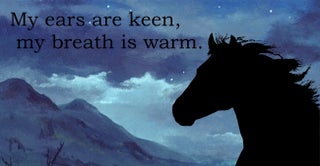

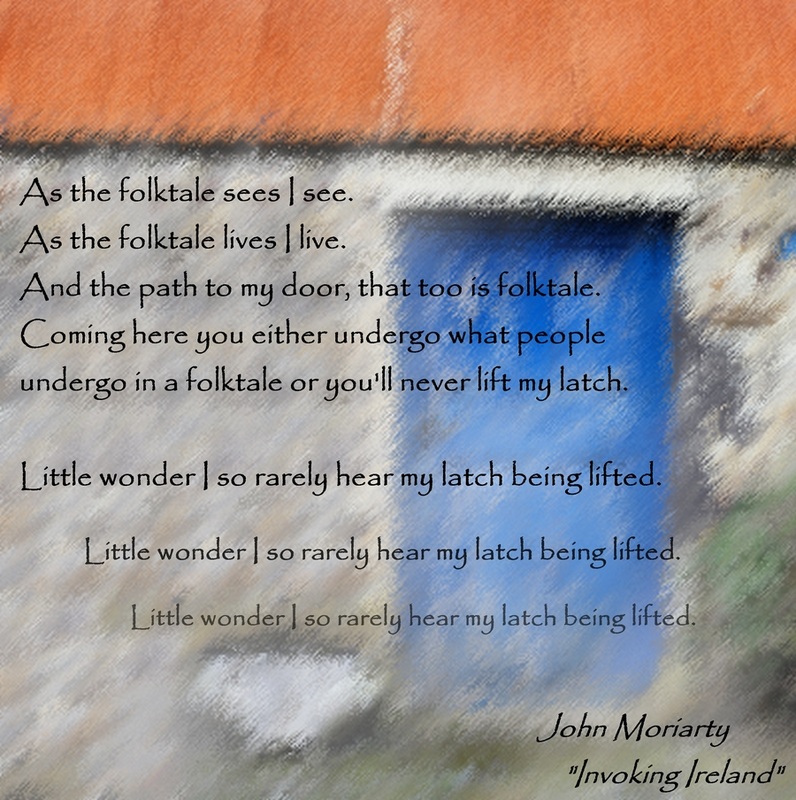
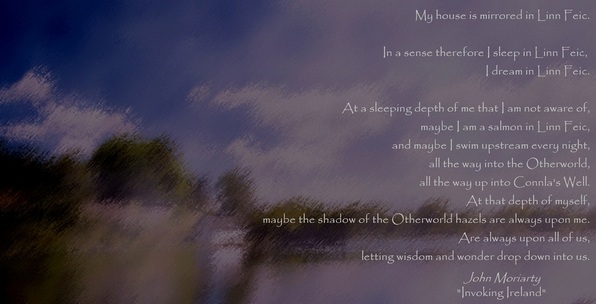
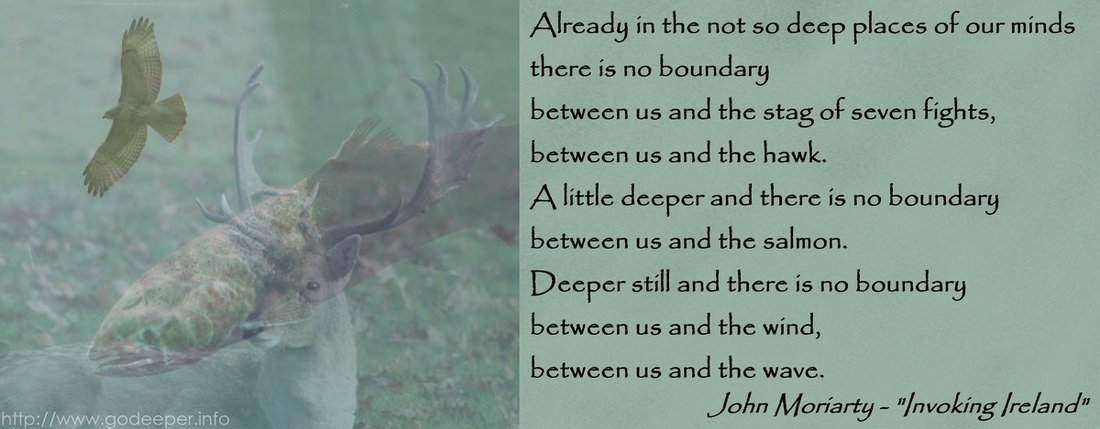
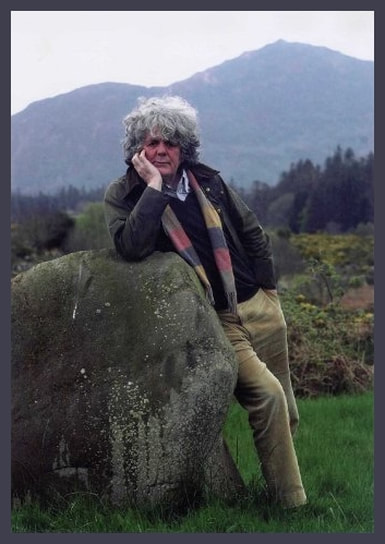
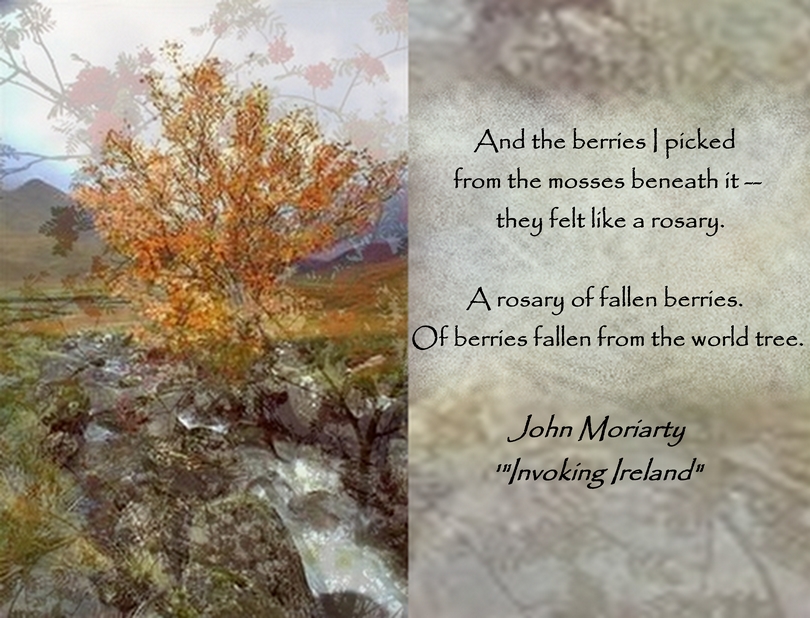
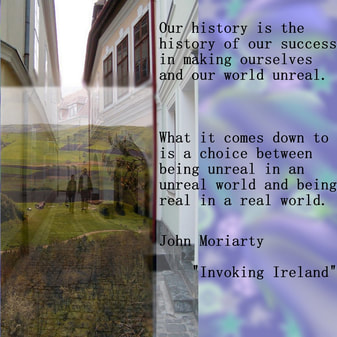
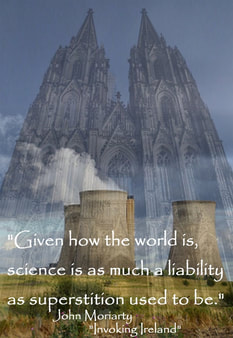
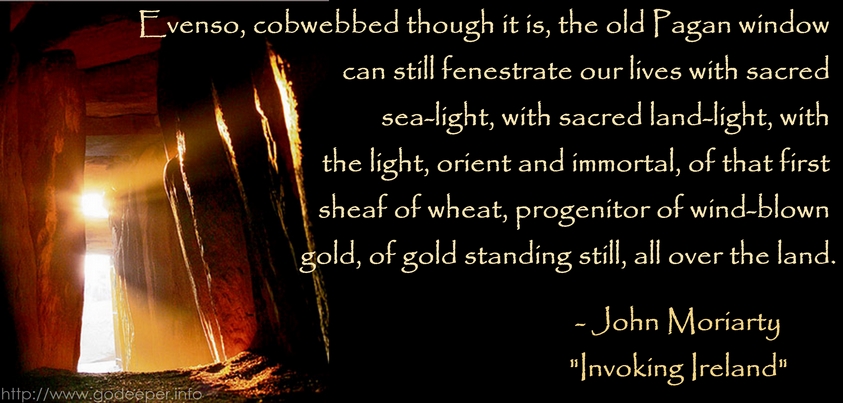

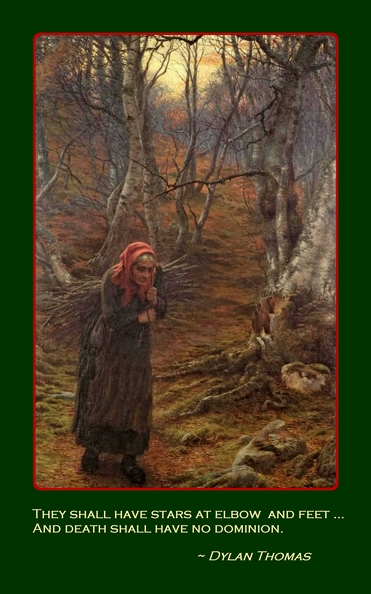
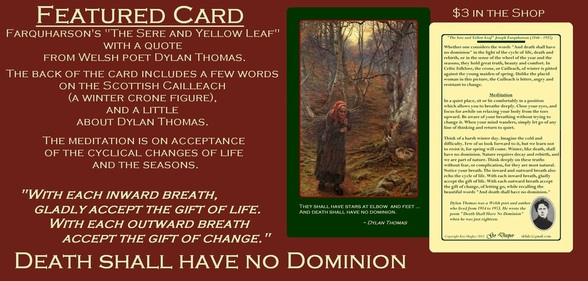
 RSS Feed
RSS Feed


